
Descartes' Error
Emotion, Reason, and the Human Brain
Recommendation
The French philosopher René Descartes could not have been more wrong, according to Antonio Damasio, a neurologist at the University of Iowa College of Medicine. Descartes thought the mind was completely separate from the body - an immaterial "thinking thing," the essence of which was cool conscious reasoning untainted by base physical influence. Through his research on patients with prefrontal cortex damage, Damasio discovered that reason, like almost all mental processes, is "embodied," that is, based in the human being’s physical self. Emotions and other states that are rooted in physicality profoundly influence not only what people reason about, but how they reason. Without them, people either can’t make decisions or they make self-defeating ones. This book tells how Damasio created, developed and tested his theory of embodied cognition, which is now widely influential in psychology, neuroscience and behavioral economics. getAbstract recommends this refreshingly nuanced, conversationally told (though sometimes desultory) narrative of scientific invention and discovery to readers who want to learn about this profound, influential set of ideas from the source. You will never think about your mind the same way again.
Summary
About the Author
Antonio Damasio, M.D., heads the department of neurology at the University of Iowa College of Medicine, where he is a professor. He is an adjunct professor at the Salk Institute and a fellow of the American Academy of Arts and Sciences.









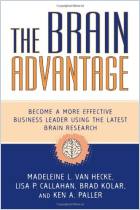
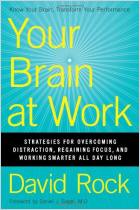
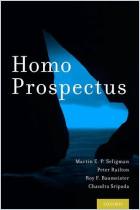

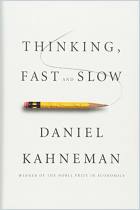
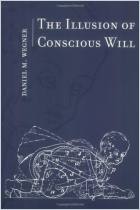
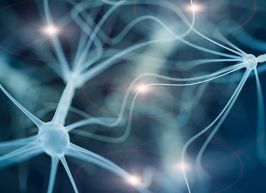

Comment on this summary or 开始讨论